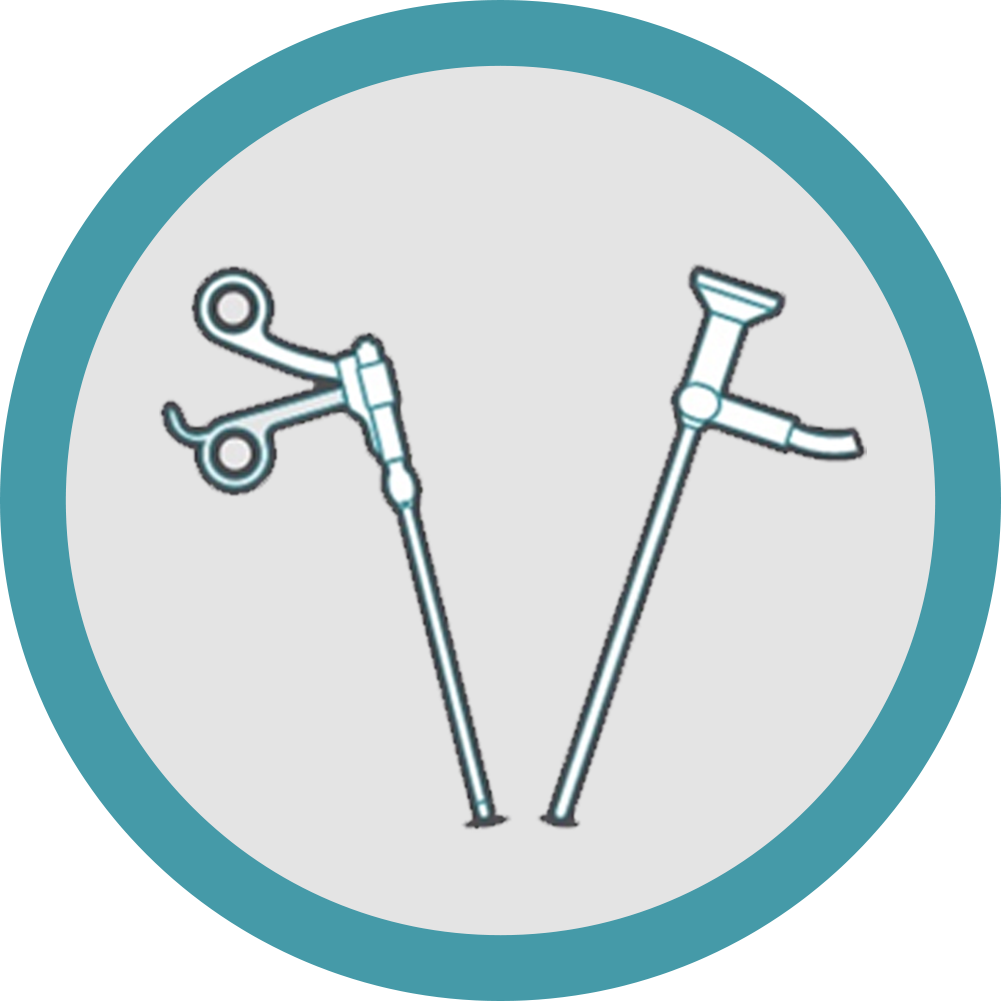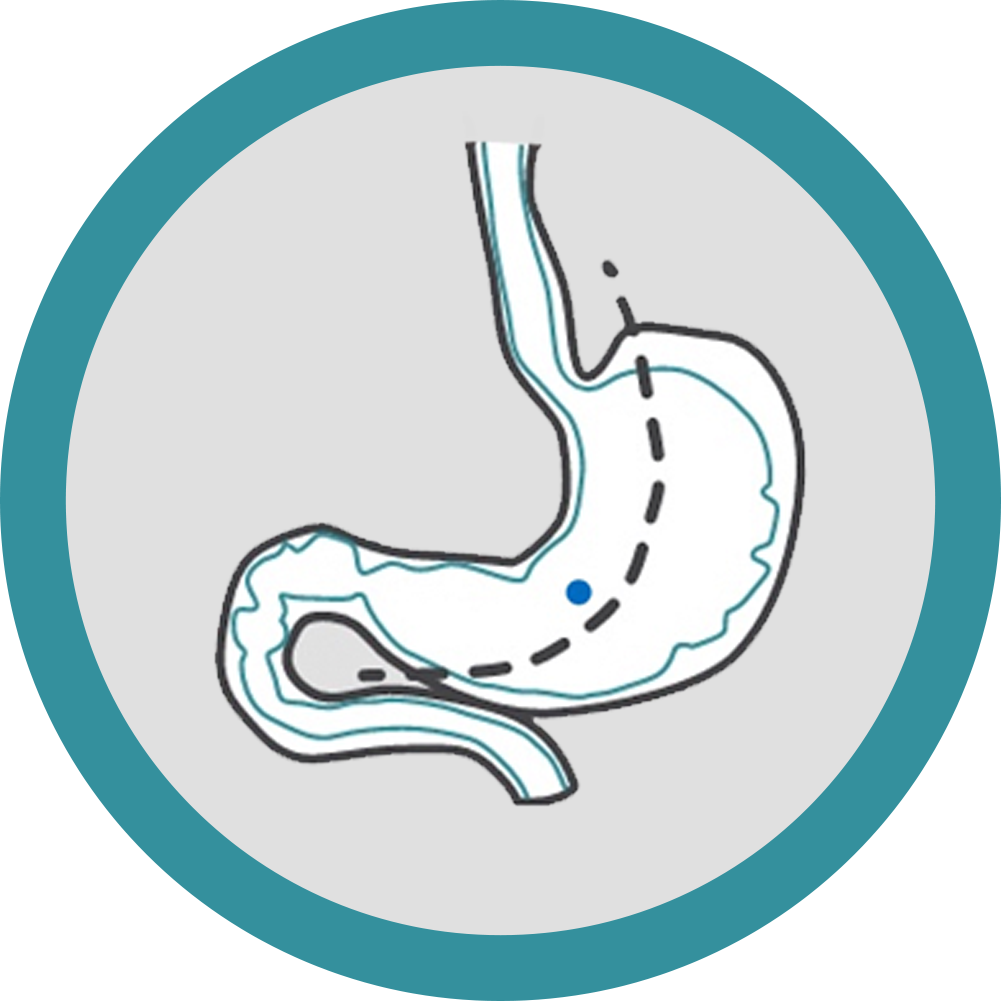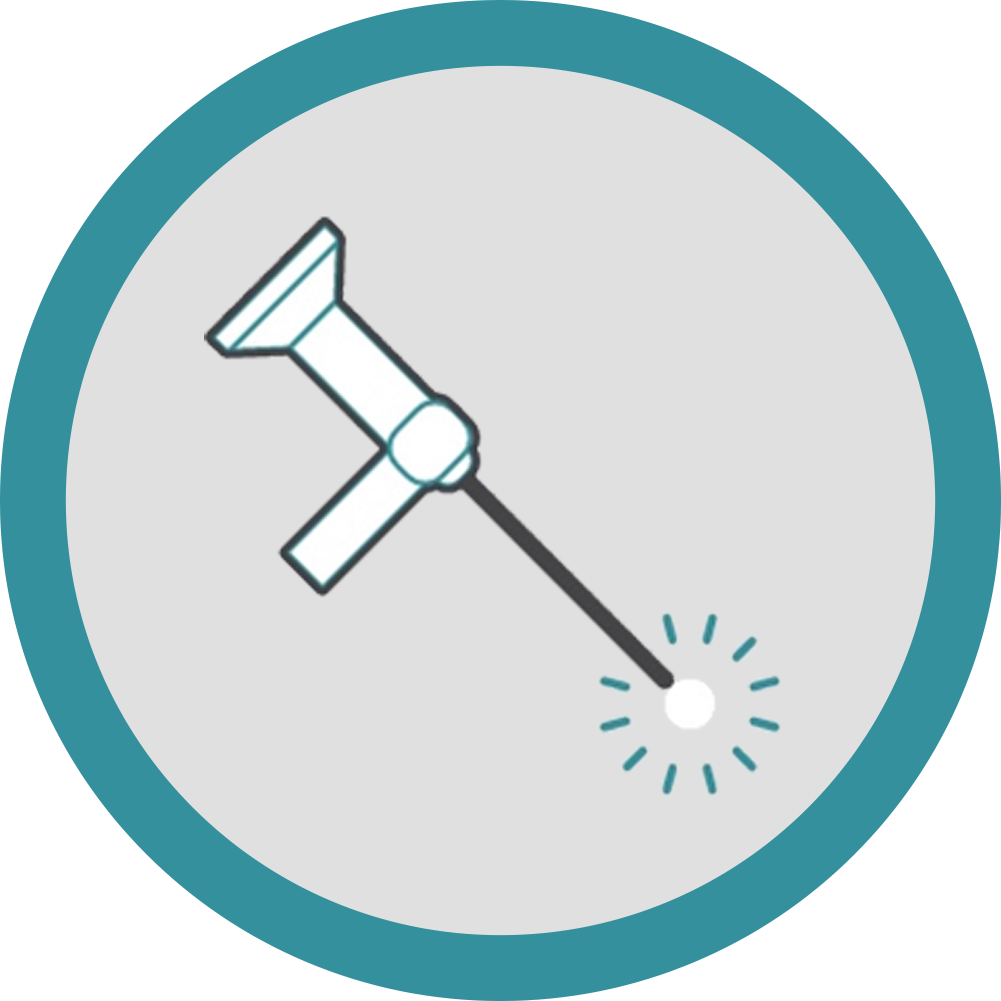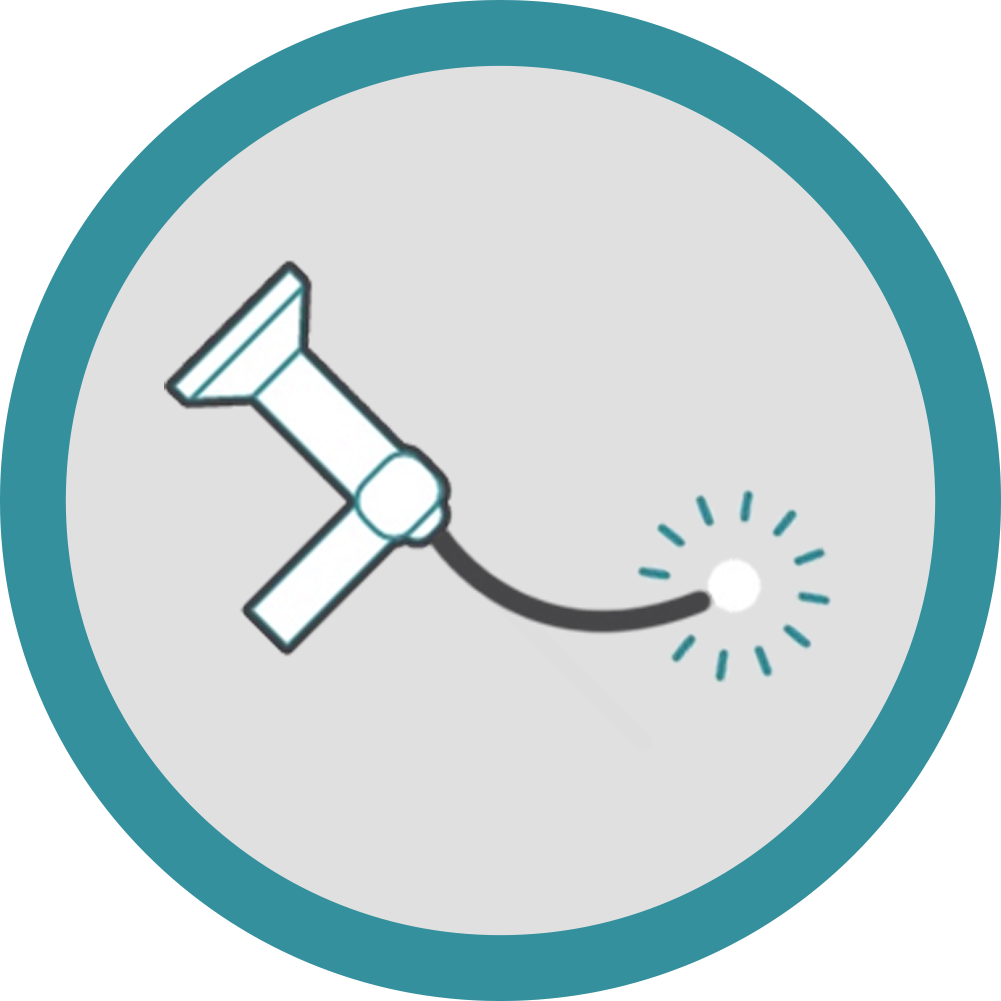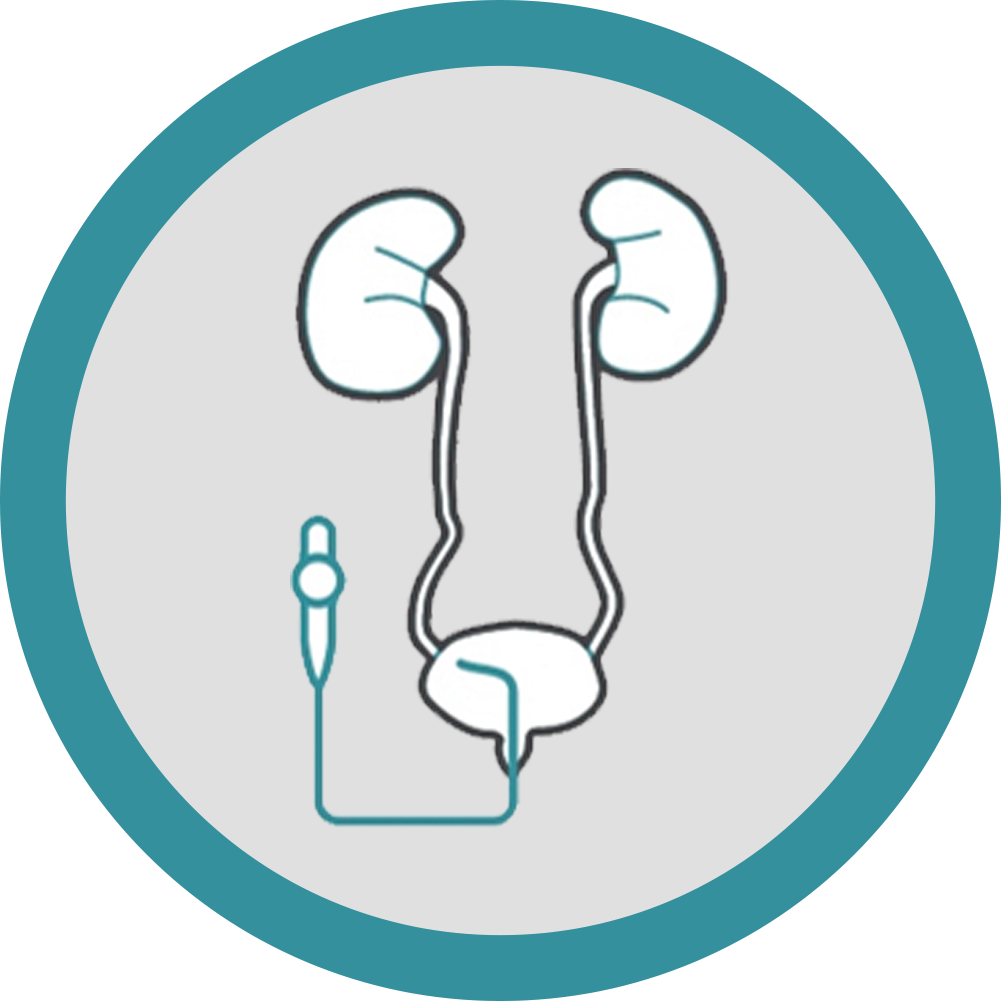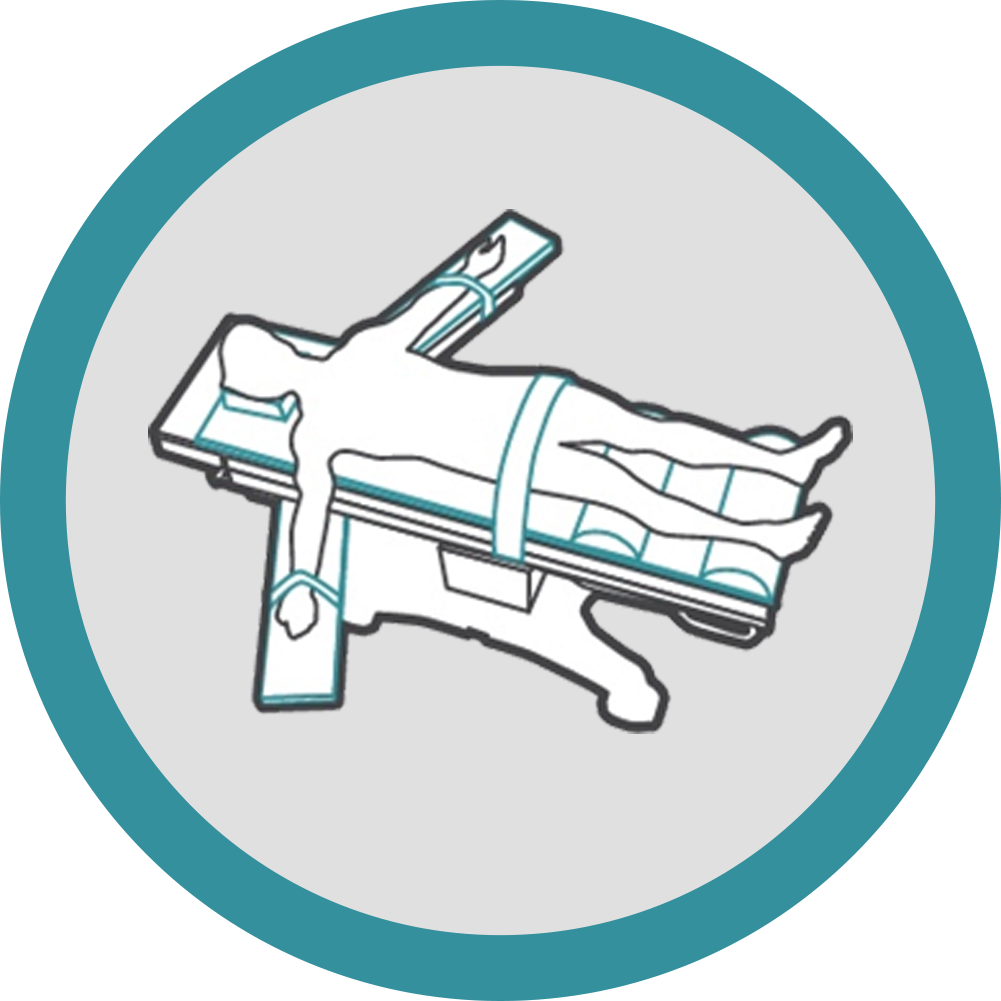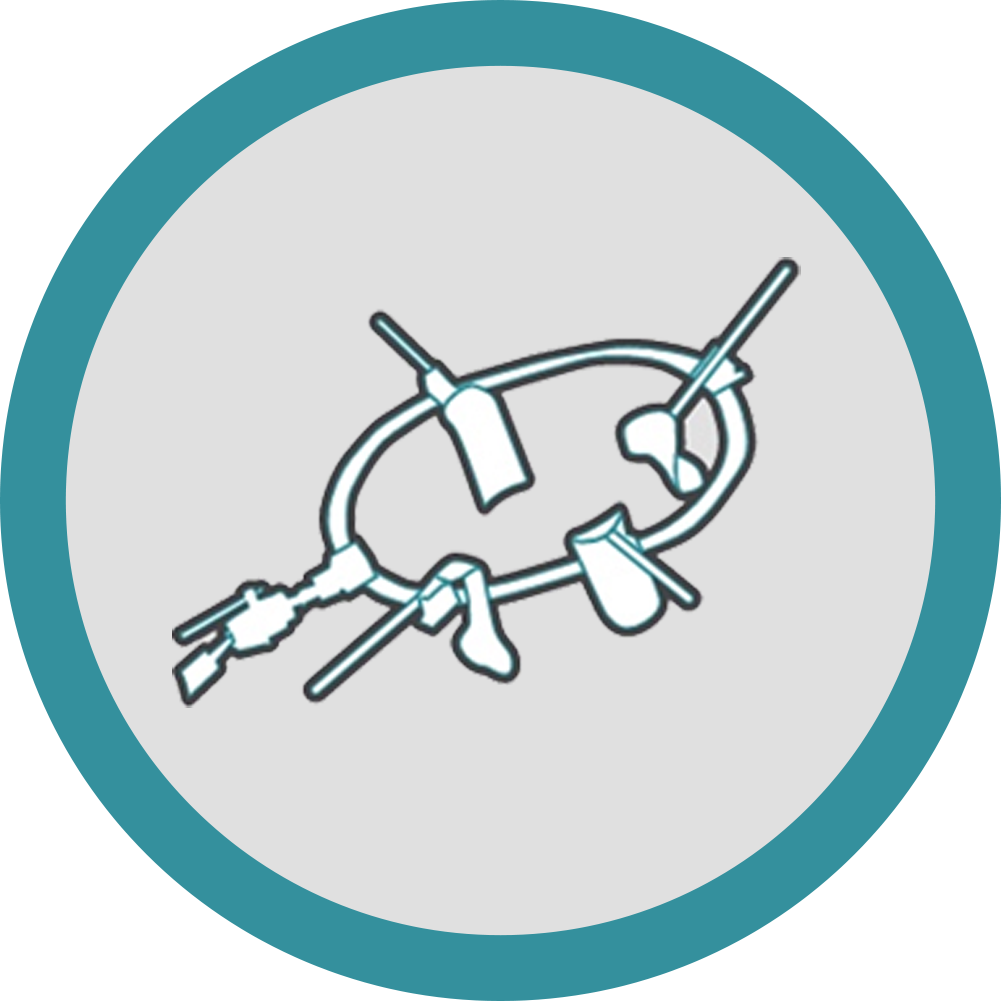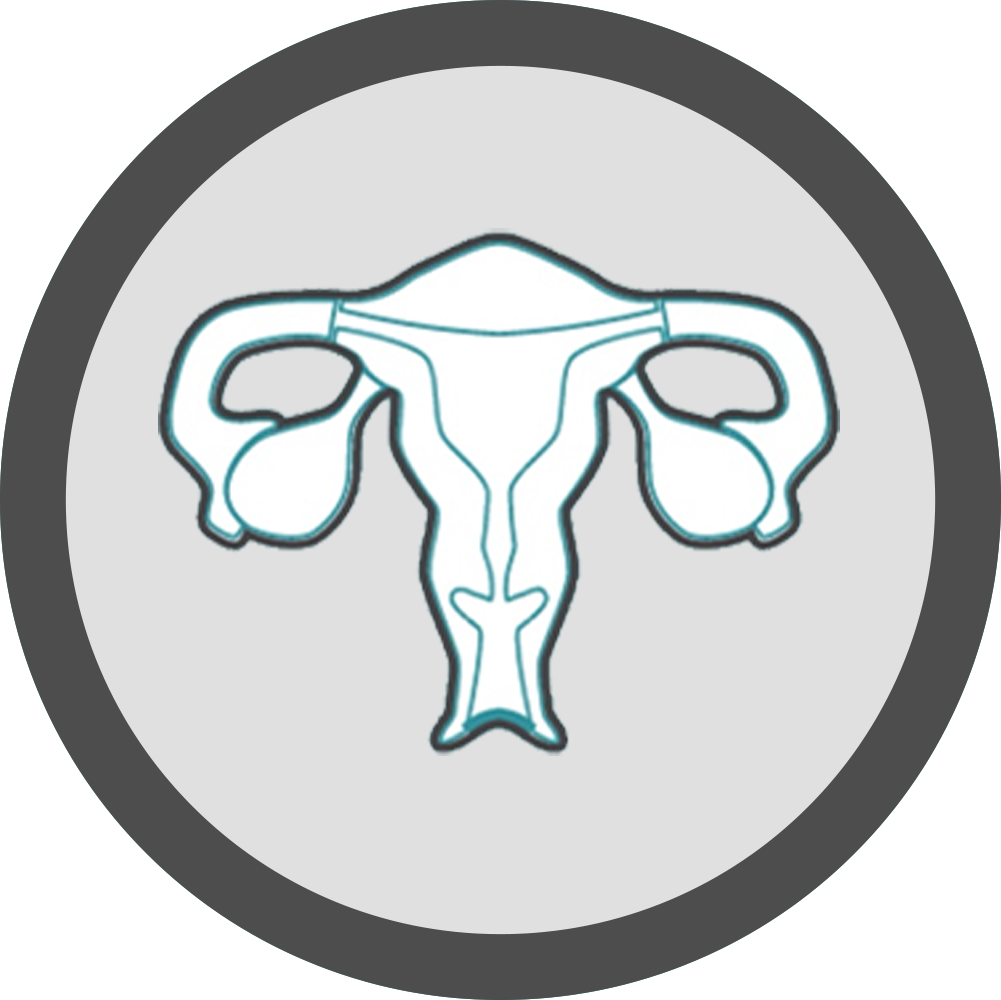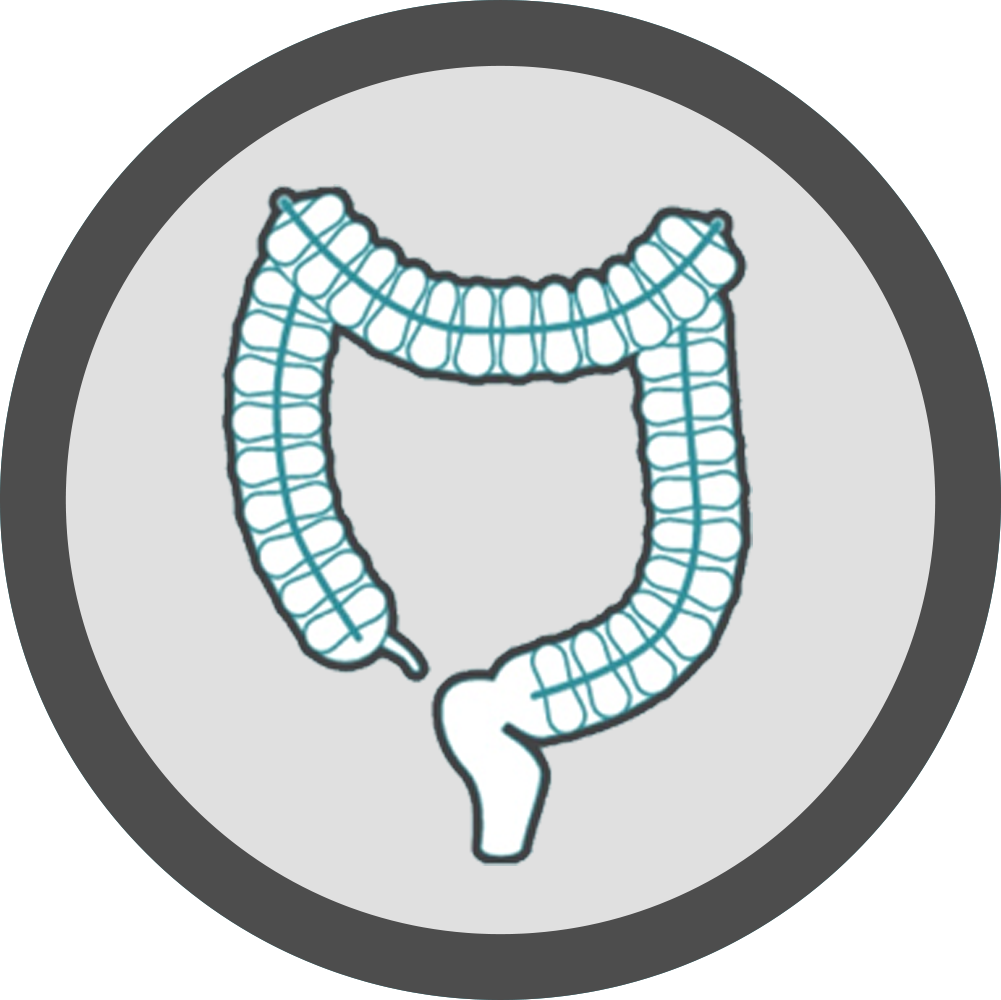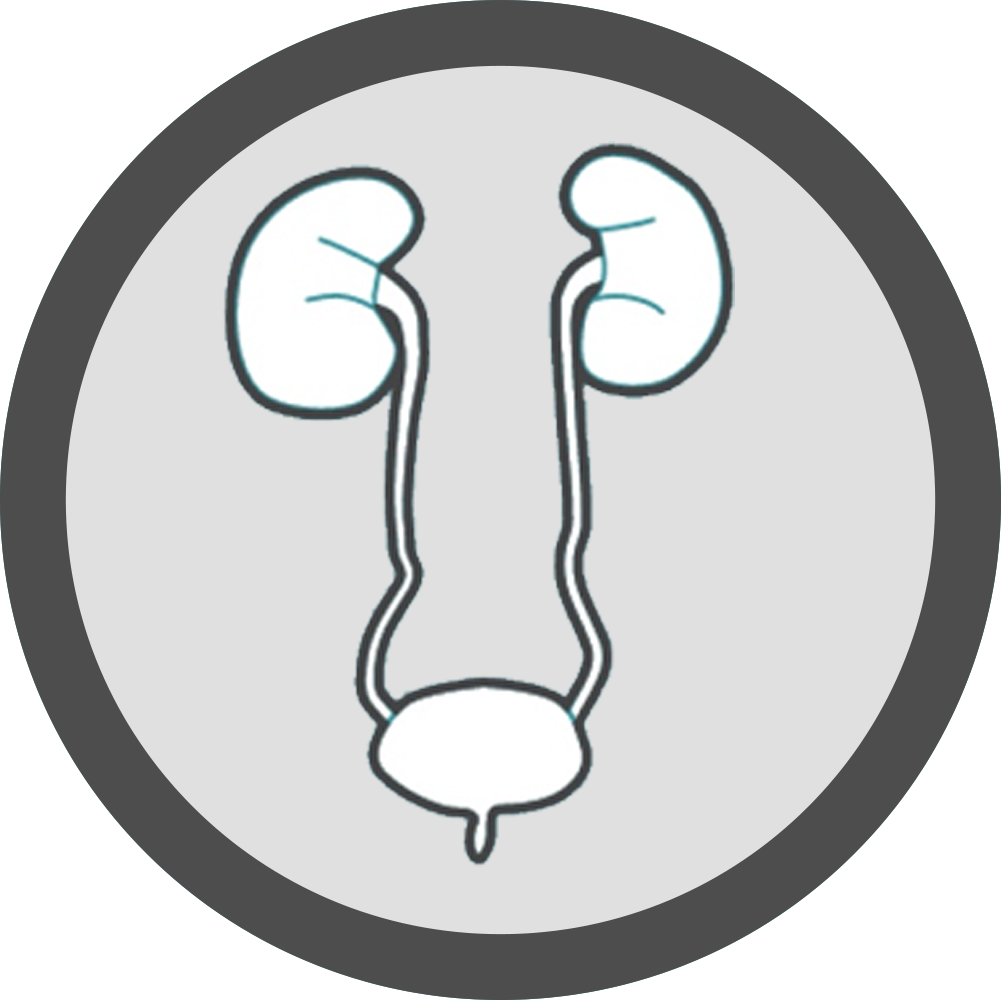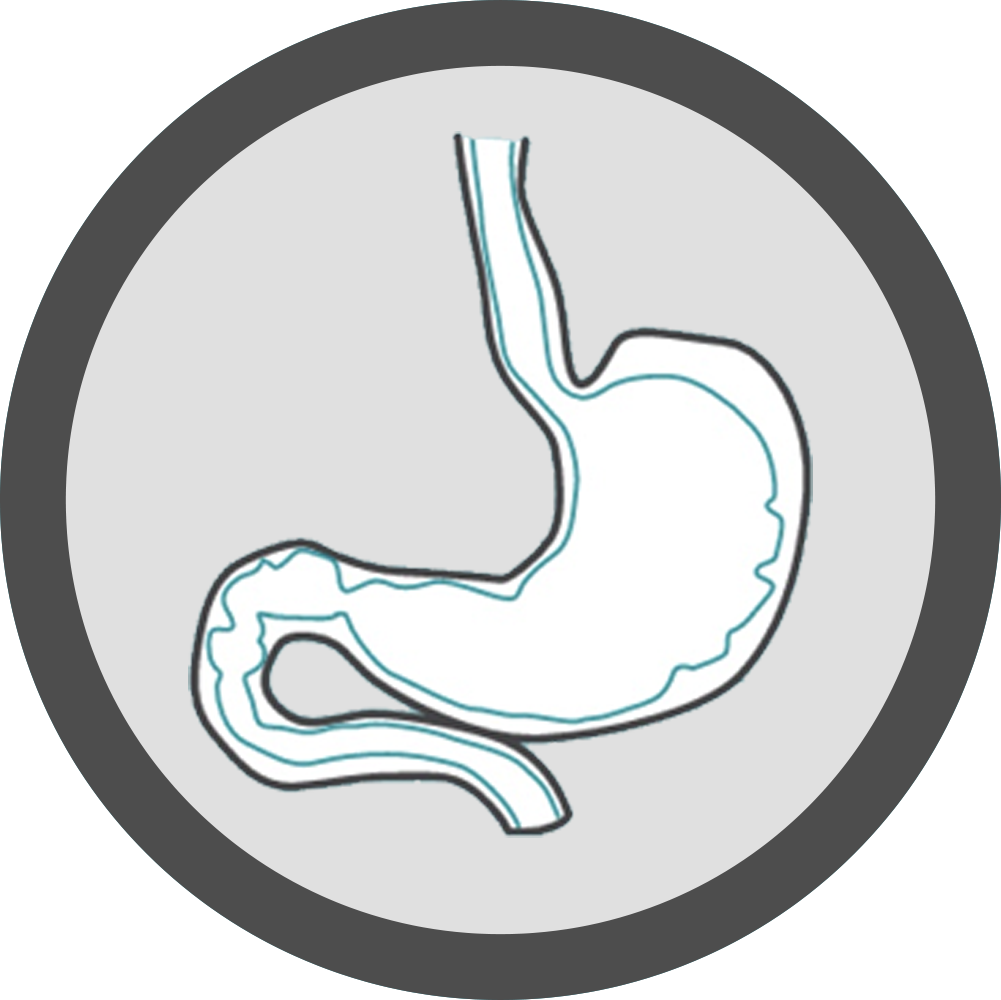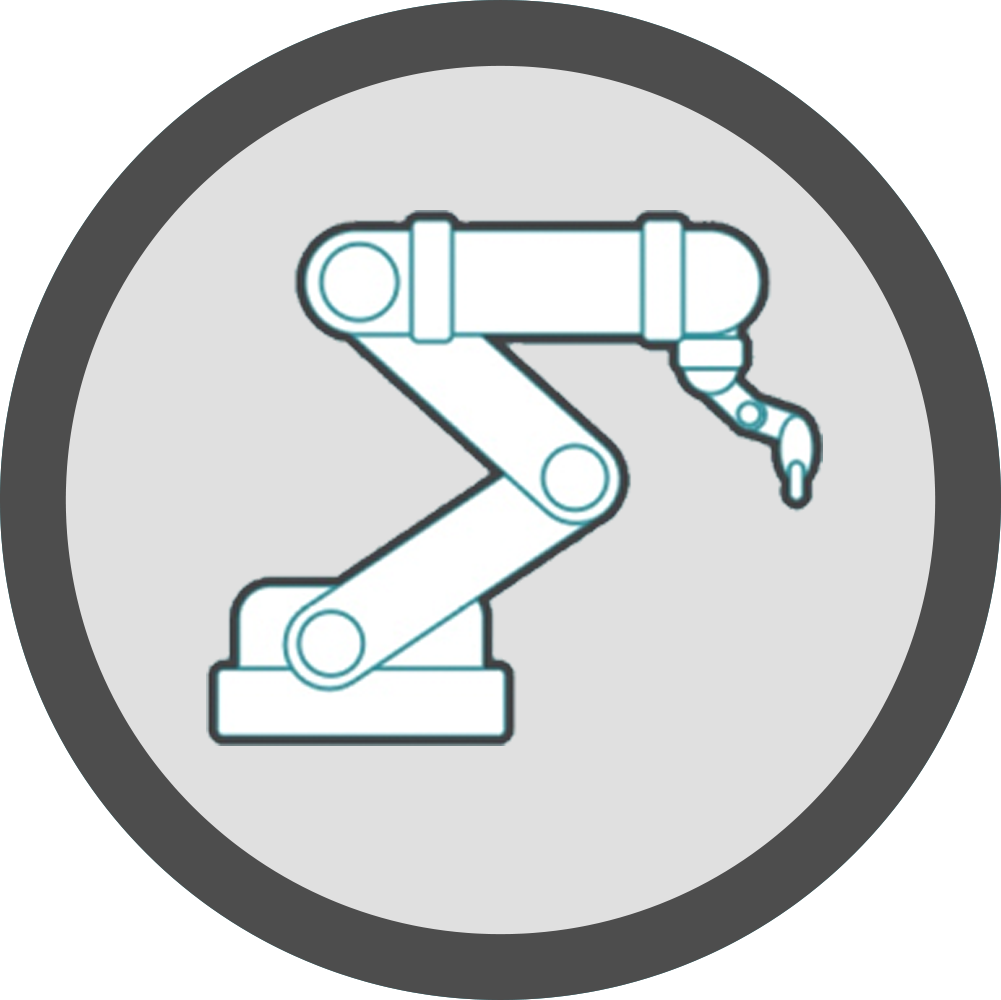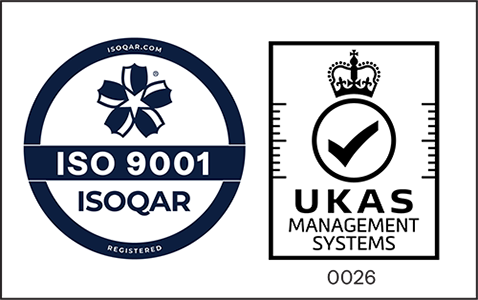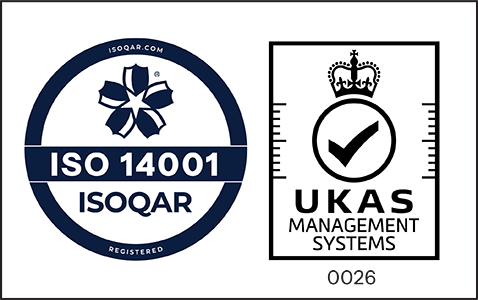- Terms and Conditions
- Privacy Policy
- Mission, Vision and Values
- Acronyms
- Modern Slavery Statement
- Carbon Reduction Plan
novus med has taken all reasonable care to ensure that all information provided through this web site is accurate at all times, however there may be inadvertent and occasional errors for which novus med apologise. novus med makes no representations or warranties about the information provided through this website, and reserves the right to make changes and corrections at any time, without notice.
 Call +44 (0) 1926 895 089
Call +44 (0) 1926 895 089
Full UK coverage




